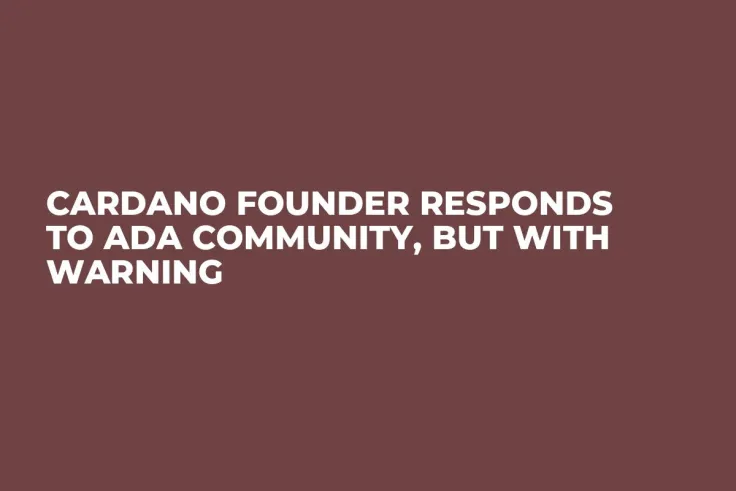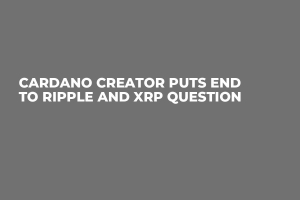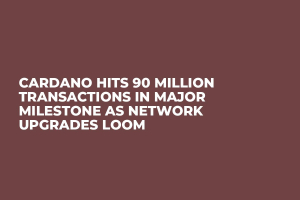
In a recent social media appearance, Charles Hoskinson, the visionary behind Cardano, addressed the clamor surrounding CIP-69. This aims to streamline the development process on the Cardano (ADA) blockchain by unifying arguments for all types of Plutus scripts currently available.
Acknowledging the growing demand within the community, Hoskinson disclosed discussions between the development teams, indicating the potential inclusion of CIP-69 in the upcoming Chang Hard Fork.
Despite the apparent community enthusiasm and backing from the Cardano Foundation, Hoskinson offered a note of caution. He emphasized the inherent risks associated with off-roadmap alterations, stressing the need for careful consideration to minimize potential disruptions. However, he assured stakeholders that development teams are committed to integrating CIP-69 into the Chang Hard Fork without significant delays.
Scheduled for this year, the hard fork marks a significant milestone in Cardano's evolution toward decentralized governance. It introduces minimum-viable community-run governance to the Cardano blockchain, paving the way for on-chain community consensus governed by a constitution.
New constitution for Cardano
Beyond Chang, Hoskinson's statement outlined broader implications for Cardano's governance structure. With the advent of the Voltaire era, characterized by community-driven decision-making, the process for roadmap construction and ratification will undergo a comprehensive overhaul through CIP-1694.
This proposal serves as a cornerstone in shaping Cardano's governance framework. It sets the stage for the establishment of key governing bodies and blockchain constitution, heralding a new era of decentralized governance of Cardano.
While the transition to community-driven governance represents a pivotal step forward, Hoskinson underscored the gradual nature of the process. Not all decisions will immediately fall under the community's purview, and the evolution of Cardano's governance mechanism will unfold incrementally.


 Dan Burgin
Dan Burgin Vladislav Sopov
Vladislav Sopov